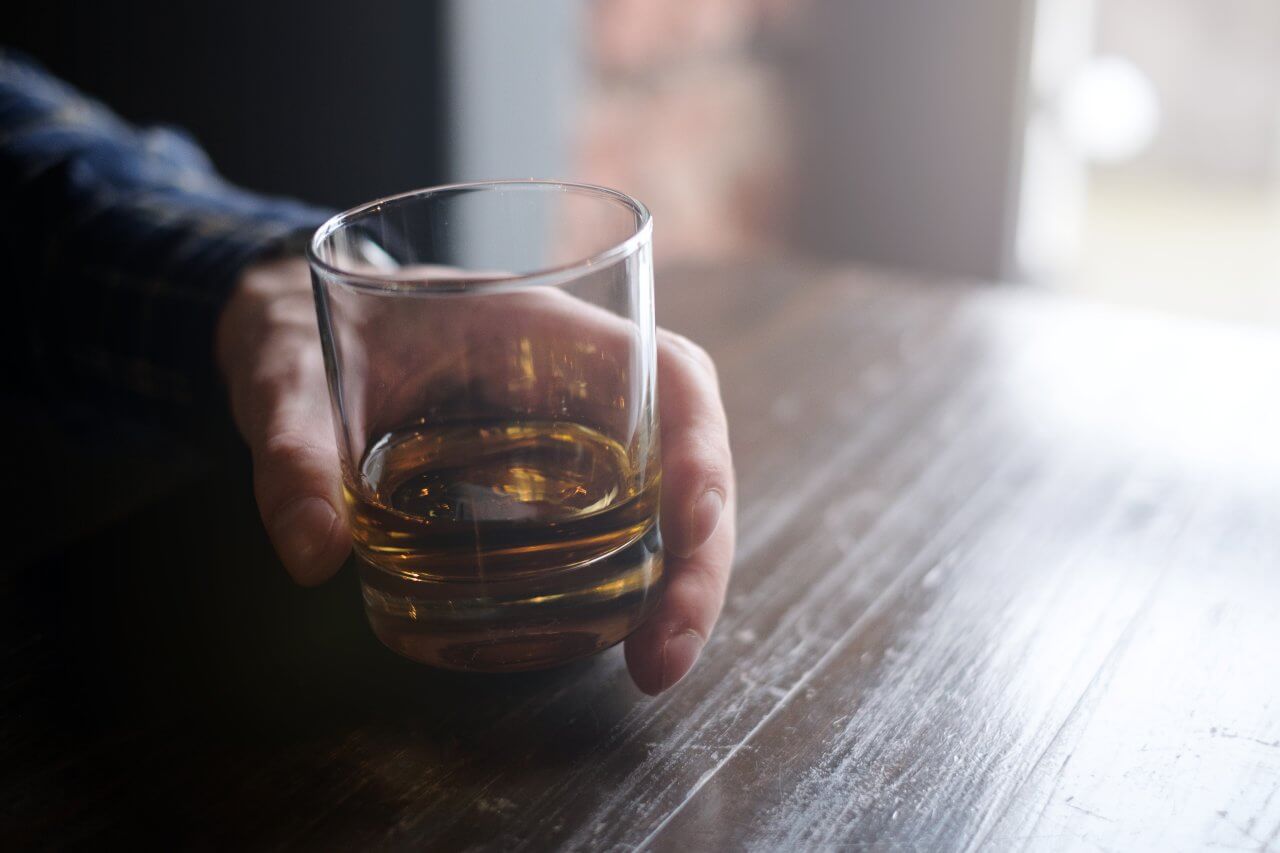Alcohol Consumption and Prostate Cancer

Reviewed by: Dr. Thomas Hunter – Radiation Oncology specialist
Cancer of the prostate — a walnut-sized gland in men that produces seminal fluid — is the most common cancer in U.S. men other than skin cancers. The risk of prostate cancer increases as a man gets older, with most cases occurring in men who are 65 or older.
Is drinking alcohol bad for your prostate, or more specifically, does drinking cause prostate cancer? Research continues on this question, but the results seem to indicate that drinking alcohol does increase a man’s prostate cancer risk.
Does Alcohol Cause Prostate Cancer?
Even though there isn’t yet definitive evidence regarding alcohol and prostate cancer risk, there have been several studies in the U.S. and abroad that point to that result. For example, a Harvard Alumni Health study found a positive association between moderate alcohol consumption and prostate cancer, with liquor — but not wine or beer — producing that result.
It’s also known that alcohol consumption increases the risk of breast cancer and several types of digestive system cancers, which makes it reasonable to expect that it can also elevate the risk of prostate cancer. In addition, it’s proven that excessive alcohol consumption can harm a person’s overall health and that, too, may increase their prostate cancer risk.
As a result, despite the absence of incontrovertible evidence linking alcohol and prostate cancer, it’s important to consider the potential health impact of drinking alcohol regularly.
Does Alcohol Induce Symptoms of Prostate Cancer?
It’s unclear whether prostate cancer and alcohol abuse are related. However, regular heavy alcohol consumption can cause symptoms that overlap with those of prostate cancer.
This can be a problem for multiple reasons, including that prostate cancer symptoms can be incorrectly attributed to excessive drinking, which can delay treatment. Heavy drinking may also worsen prostate cancer symptoms.
Symptoms that overlap between the two conditions include:
- Erectile dysfunction
- Weak urine stream
- Frequent urination
- Increased nighttime urination
If prostate cancer becomes metastatic — meaning it has spread to other parts of the body — it can cause other symptoms also produced by excessive alcohol consumption, such as:
- Diarrhea or constipation
- Weight loss
- Fatigue
- Shoulder, hip, or thigh pain
- Bone pain
- Swelling of the feet or legs (referred to as edema)
Is It Safe to Drink Alcohol if You’ve Been Diagnosed with Prostate Cancer?
Drinking alcohol after being diagnosed with prostate cancer may not be good for you, particularly if you’re undergoing cancer treatment. Doing so can have several negative effects, including masking symptoms of metastatic prostate cancer, decreasing the effectiveness of cancer treatment drugs, and worsening the side effects of radiation therapy.
Your doctor may say that occasional, moderate alcohol consumption is acceptable during prostate cancer treatment or if you’ve been diagnosed with prostate cancer but won’t be pursuing treatment. However, you should talk with them about alcohol and prostate cancer risk, including alcohol and prostate cancer recurrence for those who have been successfully treated. You should also keep your doctor informed about how much and how often you drink alcohol.



